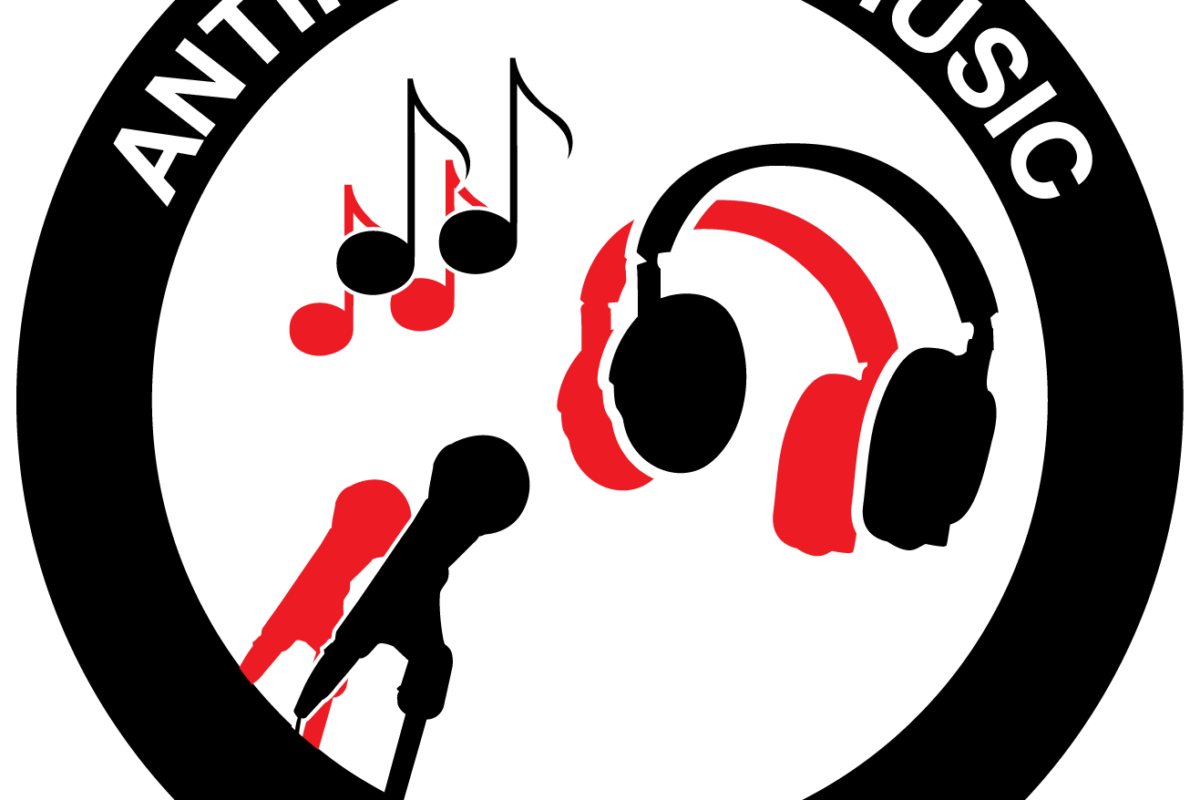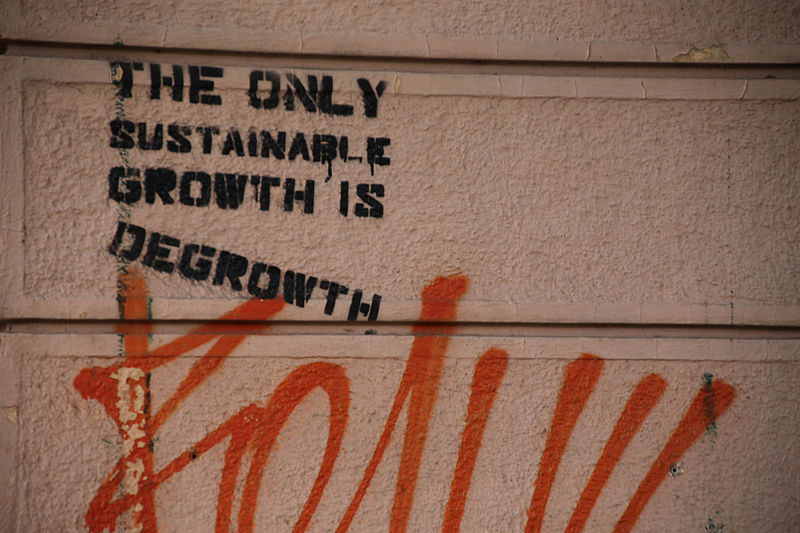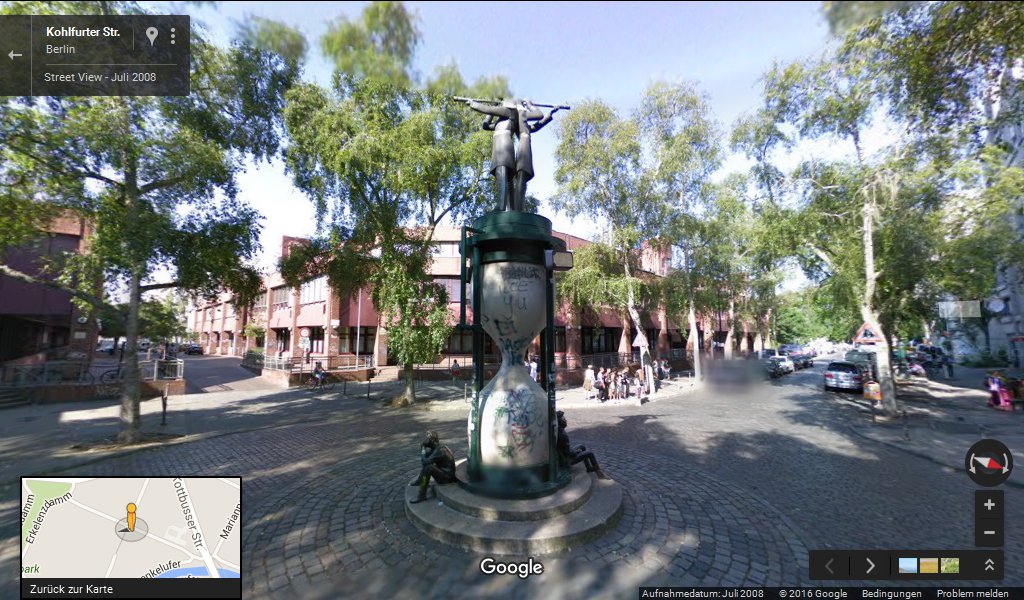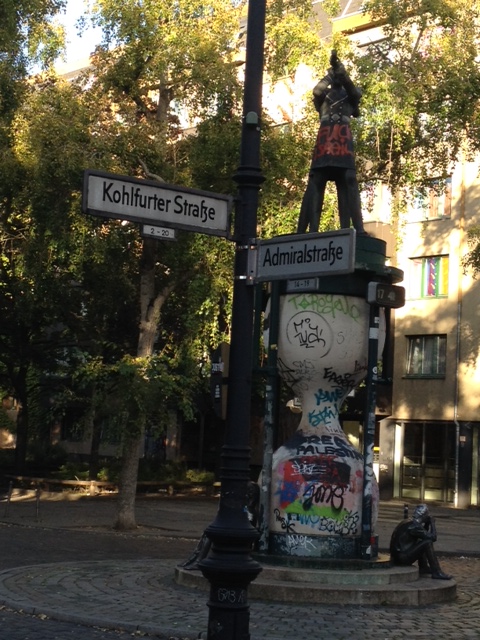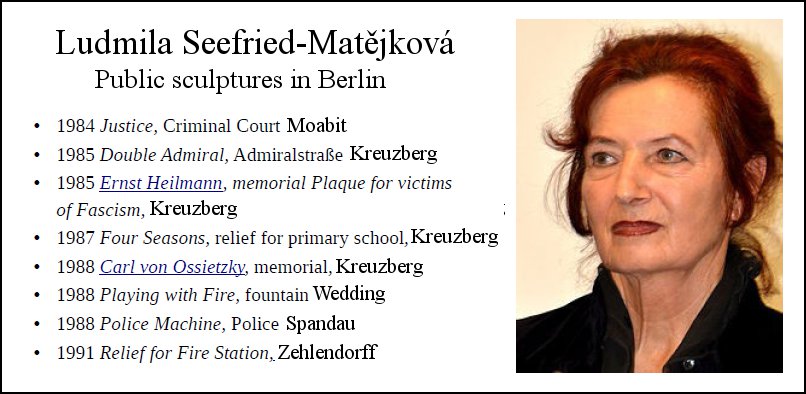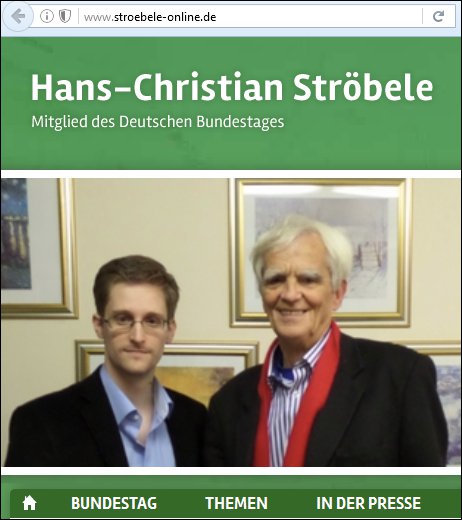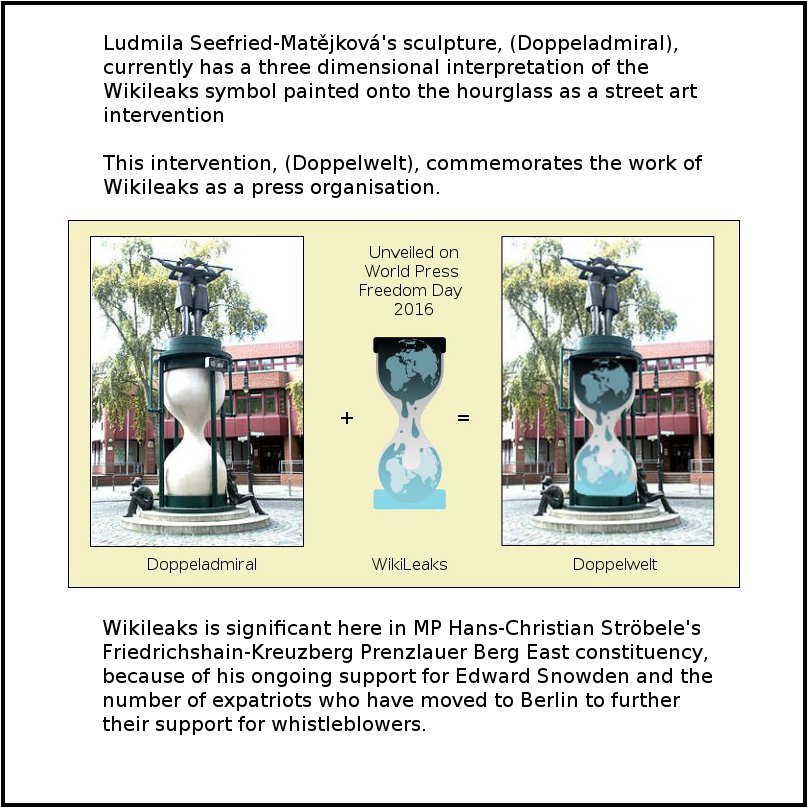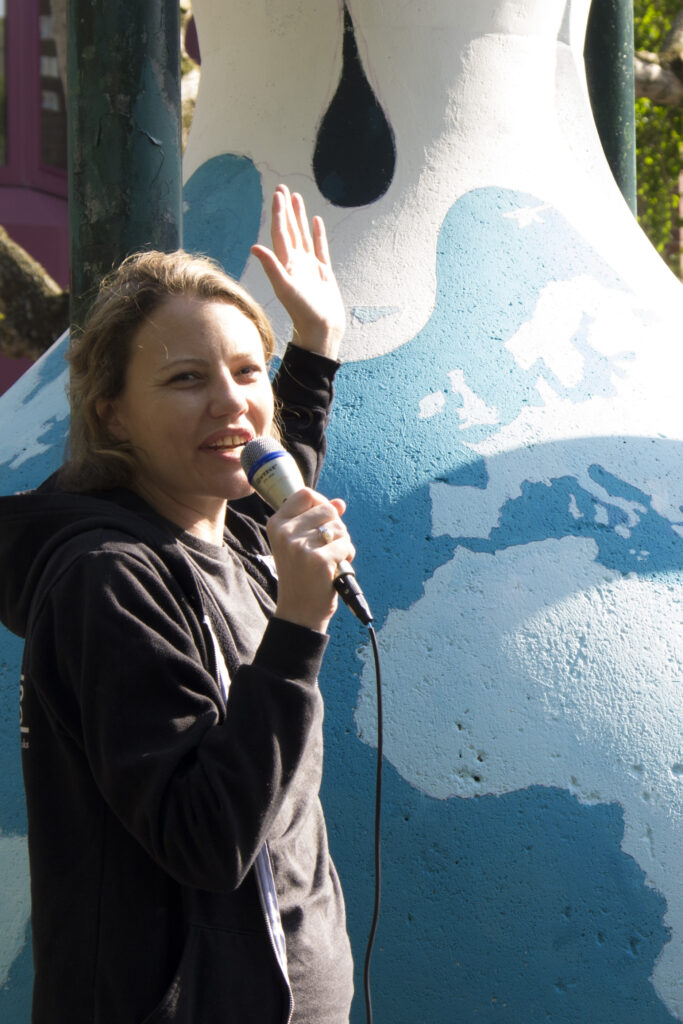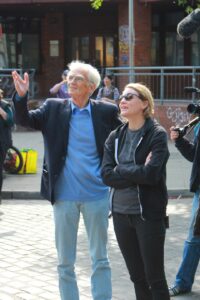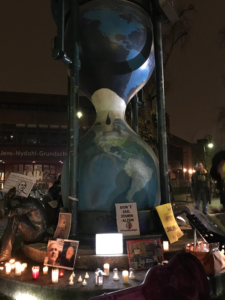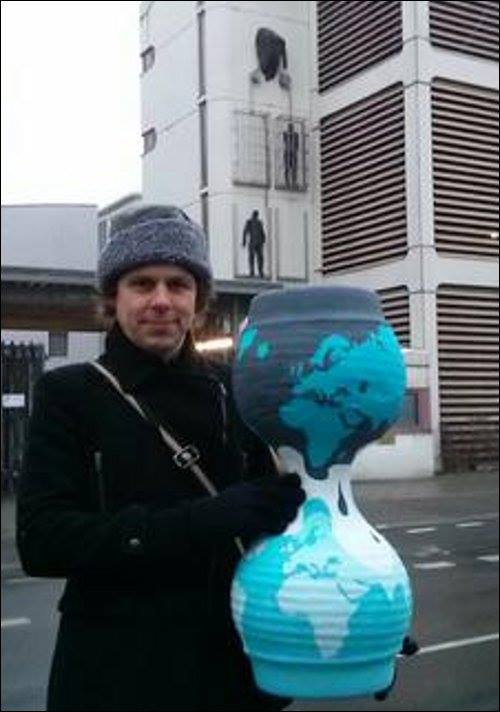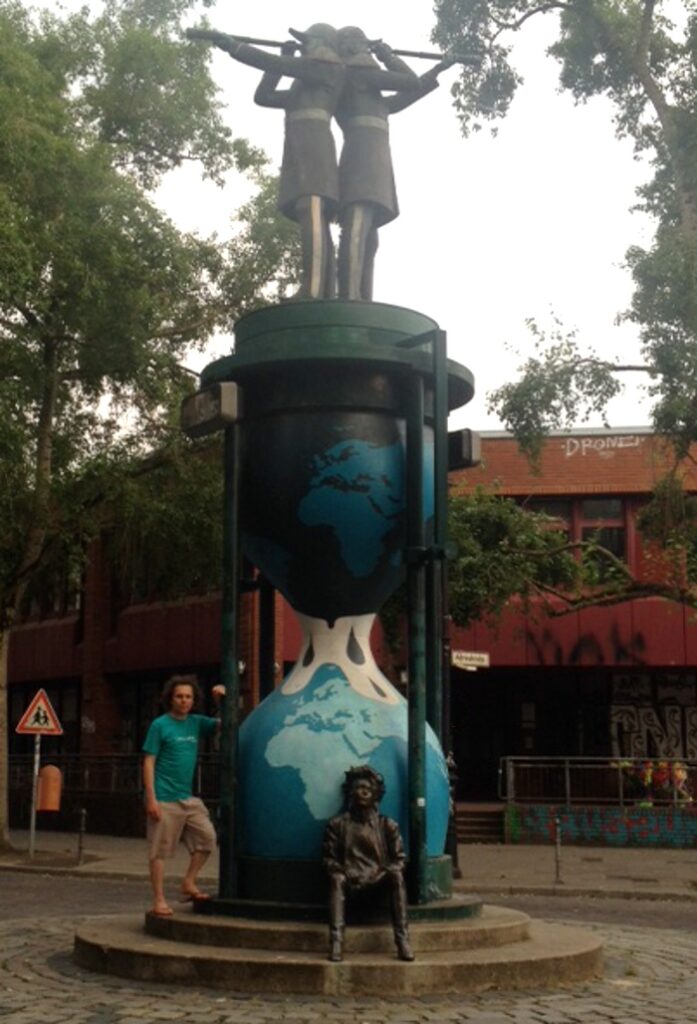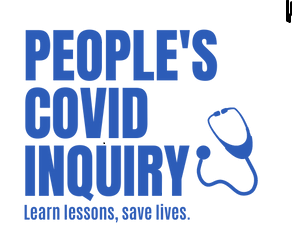Green Growth – the belief that humanity can consume more products and services every year without more pollution of the ecosystem – is an illusion. Behind the unremitting expansion of economic output lies a development model which further exhausts the natural biosphere and mercilessly devours finite resources. This steady growth is part of the capitalist economic system.
From the discussions in the 1970s about the“Limits of growth” study by the Club of Rome, many ecological scientists and activists have endorsed Degrowth, where global economic output tends to contract, and an emphasis is placed on regional cycles and sustainable use. For example, the economist Nico Paech has called for a “drastically reduced industrial system, and an expansion of a regional and a subsistence economy”.
The tiny beginnings of this tendency started with scientists like Nicholas Georgescu-Roegen, Jacques Grinevald and Herman Daly. Today, hundreds if not thousands of students, academics and activists in environmental movements make a pilgrimage to the annual Degrowth Conferences in different European cities, such as Barcelona in 2010, Leipzig in 2014 and Amsterdam in 2021.
The Contradictions of Post-Growth Theory
The number of publications of scientists supporting a Post-Growth society has also steadily grown. Publications like “Ecological Economics”, “Journal of Political Ecology” or “Journal of Cleaner Production” offer an ongoing discussion within the scientific Degrowth community. There are also many other academic publications and pull-out sections in the quality media in which Post-Growth is discussed.
The central idea of this discussion is that we cannot negotiate with nature and that limits of ecosystems and natural resources must be respected. This is a decisive improvement on the superficial sustainable labels or even greenwashing by many NGOs and pro-capitalist Green parties.
The Post-Growth movement is already very idealistic and organised according to post-autonomous principles. It also contains serious contradictions. These have theoretical roots, but have very concrete political effects and emphasize divisions
Capitalism Requires Surplus
Capitalism is a purposeless system in which different capitals look for possible investments which can bring a profit. In times of boom and stability, this can lead to growth, but at other times the same mechanism causes profound depressions. Governments are simply not able to set growth quotas for the Gross Domestic Product (GDP), which would reduce the potential returns for capital.
It is much more the case that states are dependent on investment, tax revenues and employment of capital. For this reason they are, above all, forced to compete with other states to offer an attractive investment climate. This ensures that their own GDP grows as much as possible. This means that a Post-Growth economy as a political demand stands in direct opposition to the interests of capital and the state.
Even if GDP growth could be regulated and limited by the state, even if production could be controlled and made sustainable, a shrinking capitalist economy would still not be social. Quite the opposite – under capitalism, GDP growth is a necessary precondition for rising wages, social spending and government spending.
And growing GDP requires lavish yields from invested capital. That is to say that investments of each period must yield surplus. If the surplus doesn’t grow, cuts must be made from workers, or the company will eventually go bust.
The Problem of Accumulation
States lose tax revenue during recessions, at the same time as requirements for social spending are increasing. The consequence of an economic system which is based on capitalist accumulation without economic growth would be a permanent recession leading to social upheavals.
Supporters of a Post-Growth economy must at the very least supplement their expectations with extensive demands for redistribution and massive public investment, in order to counteract the destructive effects of the shrinking of GDP.
If we think it through, a permanent Post-Growth economy is at odds with the accumulation of capital. Back in 1972, the Degrowth economist Herman Daly remarked: “if the surplus is not to lead to growth, then it must be consumed … Accumulation in excess of depreciation, and the privileges attached thereto, would not exist.”
The Degrowth advocates face the challenge of achieving a Post-Growth economy through general surplus instead of capital. Unfortunately, this has not led the Post-Growth economy theoreticians to find room in their analysis for a Marxist model of development and crises, which, in contrast to both neo-classical end ecological economics, looks at the dynamic of accumulation.
Putting The Blame on Capitalism
Opinions in the Post-Growth scene differ on the subject of capitalism. Nevertheless there has been a clear development towards a deeper criticism of capitalism. It says a lot that an influential ecologist like Tim Jackson gave his latest book the title “Post Growth – Life after Capitalism”. This clearly is in the spirit of the new stronger ecological movements, and of action networks like Ende Gelände and Extinction Rebellion.
Nina Treu, who organised the 2014 Degrowth conference in Leipzig and last year’s digital conference “Zukunft für alle” (a future for all) said in an Interview with the taz newspaper “we don’t want a violent revolution, but we do want to overcome the capitalist system and to redistribute”.
In 2017, she joined die LINKE, and this year she stood for parliament in the Leipzig-Nord constituency. As a candidate she clearly criticized the system: “people know that capitalism no longer gives them what it promises, and that we are currently burning up the climate. They know that we must all look for alternatives.”
What Sort of Green New Deal?
Running through the Degrowth networks are different and far-reaching ideas for social redistribution and plans for a “Green New Deal” with programmes for public employment, increased quality of life through shorter working hours and less consumption. The call for a Universal Basic Income is highly popular.
People who are organised in activism sense that Post-Growth ideas and ecological sustainability inevitably stand in contradiction to the interests of capital, even if few of them have fully worked through the theoretical implications of this. Their ideas are mainly loose and disjointed suggestions, which remain without political focus, without political form, and therefore without social organisational power.
Nonetheless there are also Post-Growth advocates who clearly do not consider ideas of post-capitalism. For example, Nico Paech in an interview with taz in April 2020 explains the effects of his Post-Growth strategy with particular clarity:
“Smaller supply chains [can] sink the productivity of labour. So prices will rise while choice and production volume sink, wages will also tend to sink … then people will no longer be able to afford as much. They will not obtain a better world at no cost. But that brings crisis stabilization and new jobs.”
Capital Must Pay for The Transformation
Paech does also demand that everyone should pay, for example through a wealth tax. But he leaves open the question of whether this is sufficient to compensate for the devastating effects of a permanent recession.
Paech concentrates on so-called “sufficiency”, on regionalisation, and recycling instead of a disposable society, and on a modest lifestyle. These proposals seem to be detached from the crisis-ridden dynamic of capitalism. Ultimately, Paech demands that the working class must pay a considerable part of the bill for the ecological transformation of the economy. What remains is preaching for consumption to be cut.
Such Post-Growth concepts are not able to unite industrial workers and trade unionists with ecological movements through joint demands and actions. Such a theory is much more likely to lead to alienating climate activists from organised industrial workers.
Paech believes that coal mining, continuous mass production of cars and clearances of the rainforest to profit massive palm oil plantations must be stopped. This means that the demands of trade unions like IG Metall and IG BCE appear to be a problem, as these also lead to more consumption, and through this to further GDP growth.
But what Paech, and many left-wing Post-Growth advocates misses is this: growth in itself is not the problem which should stand centre stage. A compulsion towards growth is not a cause in itself, but an expression of capital accumulation, which is created and driven forward by the capitalist mode of production.
Instead, it makes sense to look at qualitative development and use values. An investment programme for a social-ecological transformation, would raise the GDP just as much as building motorways would. But in the first case, the groundwork would be made for reducing resources and energy consumption. In the second case, the overexploitation of nature would carry on as before.
It’s not about the growth of economic activity, but at the type of this development, and ultimately about reconstructing the metabolism between people and nature
Ecology is Only Possible on a Global Level
If you are seriously interested in getting a grip on this metabolism, you need a vision for new social and economic relations, a new way of living together, and dealing with the environment and resources. In this respect, the Post-Growth scene can offer useful ideas and praxis. Important issues include regional autarchy, the imagination of a better quality of life through more free time and thoughtful consumption.
The Transition Town Groups, which were initiated in Great Britain now exist in dozens of countries and hundreds of communes, as do initiatives for CO2 neutrality, for ecological and regional farming, for energy sufficient communal life and much more.
But although many local initiatives are also connected, the existing networks have a certain anti-political attitude. This spirit is seen in the title of the handbook by founder Robert Hopkins: “From What Is to What If: Unleashing the Power of Imagination to Create the Future We Want” (German title “ EINFACH. JETZT. MACHEN!: Wie wir unsere Zukunft selbst in die Hand nehmen”).
In Catalonia, local alternatives play a similar role, with local projects working with the Autonomous University of Barcelona, which itself is a pioneer in Post-Growth economy. They also have some resonance inside left-wing parties. At the Degrowth conference in Barcelona in 2020, one of the speakers was a representative of the local government.
In France, alongside many local projects there is a monthly newspaper La Decroissance and the small party “Parti pour la Decroissance”, which have found a social niche.
Building a society based on need, not profit
None of this is sufficient for a serious strategy to change the metabolism between people and nature. Local flagship projects can be inspirational and show that a better world is possible. But the task is to convert capitalist conditions, current industrial production, global transport and distribution chains and to thoughtfully deploy them for human needs instead of maximizing profits.
This brings us directly to the question of ownership and, connected with this, to political power. Here is where Marxism as a political project which highlights the contradiction between capital and labour, can make a contribution. Put another way: a society which respects ecological limits on a long-term basis is only possible when the overwhelming majority of people – workers – organise themselves to overthrow capitalism.
Most critics of growth are a long way from this perspective. Nonetheless, the widespread clarity about the depth of the current ecological crisis makes this theoretical approach attractive to many young people in action platforms like Ende Gelände or in mass movements like Fridays for Future.
The ideas of Post-Growth may be contradictory, and in the worst case open to right-wing explanations which see international population growth as a fundamental problem. But they are very compatible with left wing ideas. We must offer visions of a “Green New Communism” while seriously integrating this with a Left based on class struggle which connects movements and politically engages with the large majority of people who have to work for a living.
This article first appeared in German in marx21 magazine. Translation: Phil Butland. Reproduced with permission
